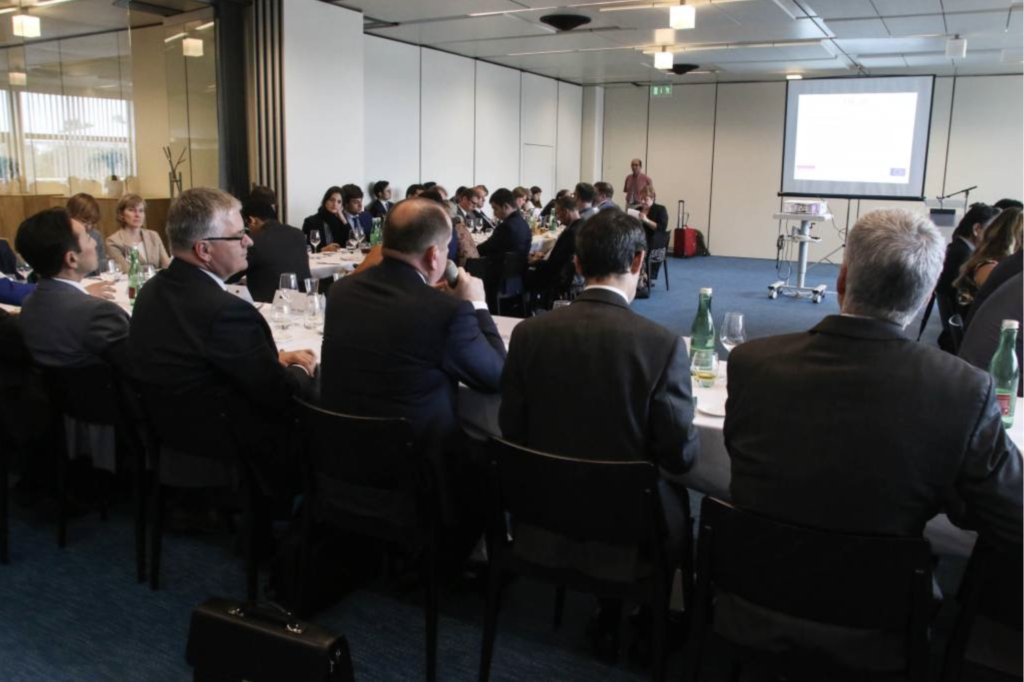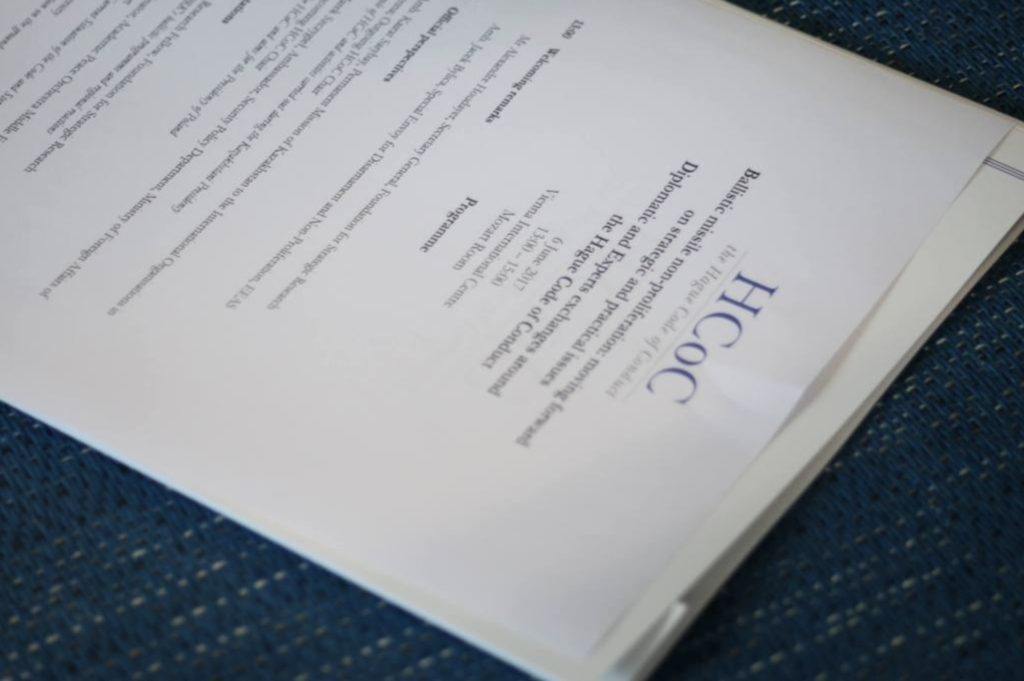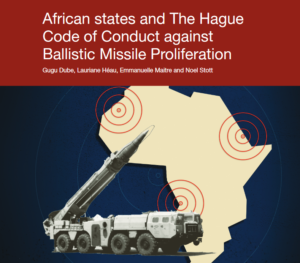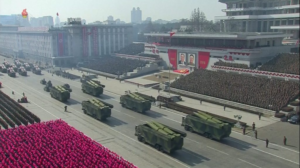Vienna outreach side event on HCoC
6 June 2017
On 6 June 2017, the FRS organised, on behalf of the European Union, an outreach event in support of both the HCoC and ballistic missile non-proliferation. This meeting took place at the Vienna International Centre in the margins of the HCoC annual meeting of subscribing states.


AGENDA
WELCOMING REMARKS
- Alexandre HOUDAYER, Secretary General, Foundation for Strategic Research
- Amb. Jacek BYLICA, Special Envoy for Disarmament and Non-Proliferation, EEAS
I/ OFFICIAL PERSPECTIVES
- Amb. Kairat SARYBAY, Permanent Representative of Kazakhstan to the International Organisations in Vienna; Outgoing HCoC Chair
- The role of HCoC and activities carried out during the Kazakhstani Presidency
- Amb. Marek SZCYGIEL, Ambassador, Security Policy Department, Ministry of Foreign Affairs of Poland; Incoming HCoC Chair
- Perspectives for HCoC and aims for the Presidency of Poland
II/ EXPERTS’ PRESENTATIONS
- Dr. Antoine BONDAZ, Research Fellow, Foundation for Strategic Research
- Latest developments in the DPRK’s ballistic programme and regional reactions
- Dr. Bernd KUBBIG, Coordinator, Academic Peace Orchestra Middle East/Gulf and Adj. Prof. at Goethe University, Frankfurt
- A Middle East perspective: The Current Situation of the Code and Steps for Improvement
- Renaud CHATELUS, Liège University
- From the HCoC to concrete implementation on the ground: going forward on export controls


